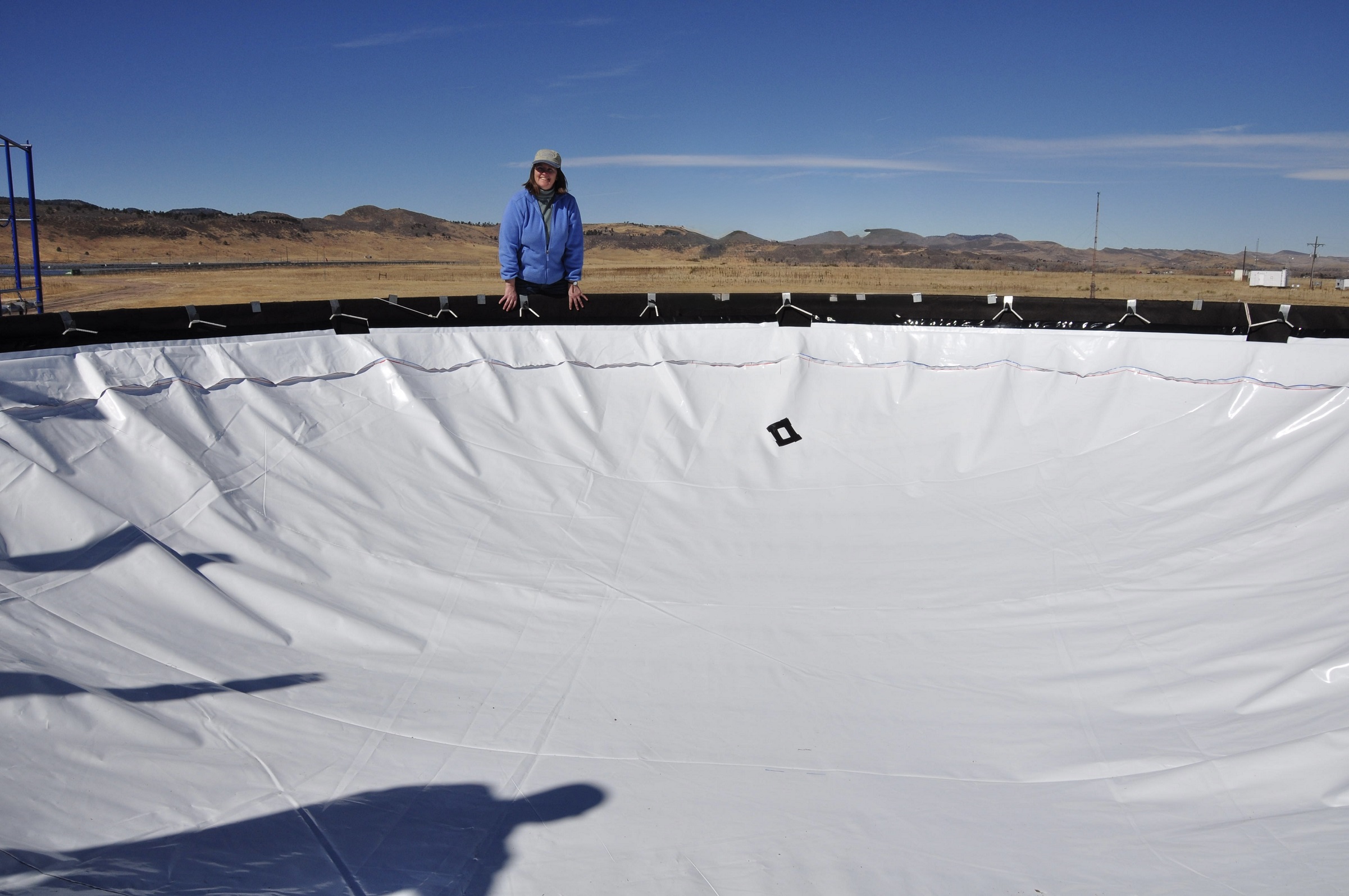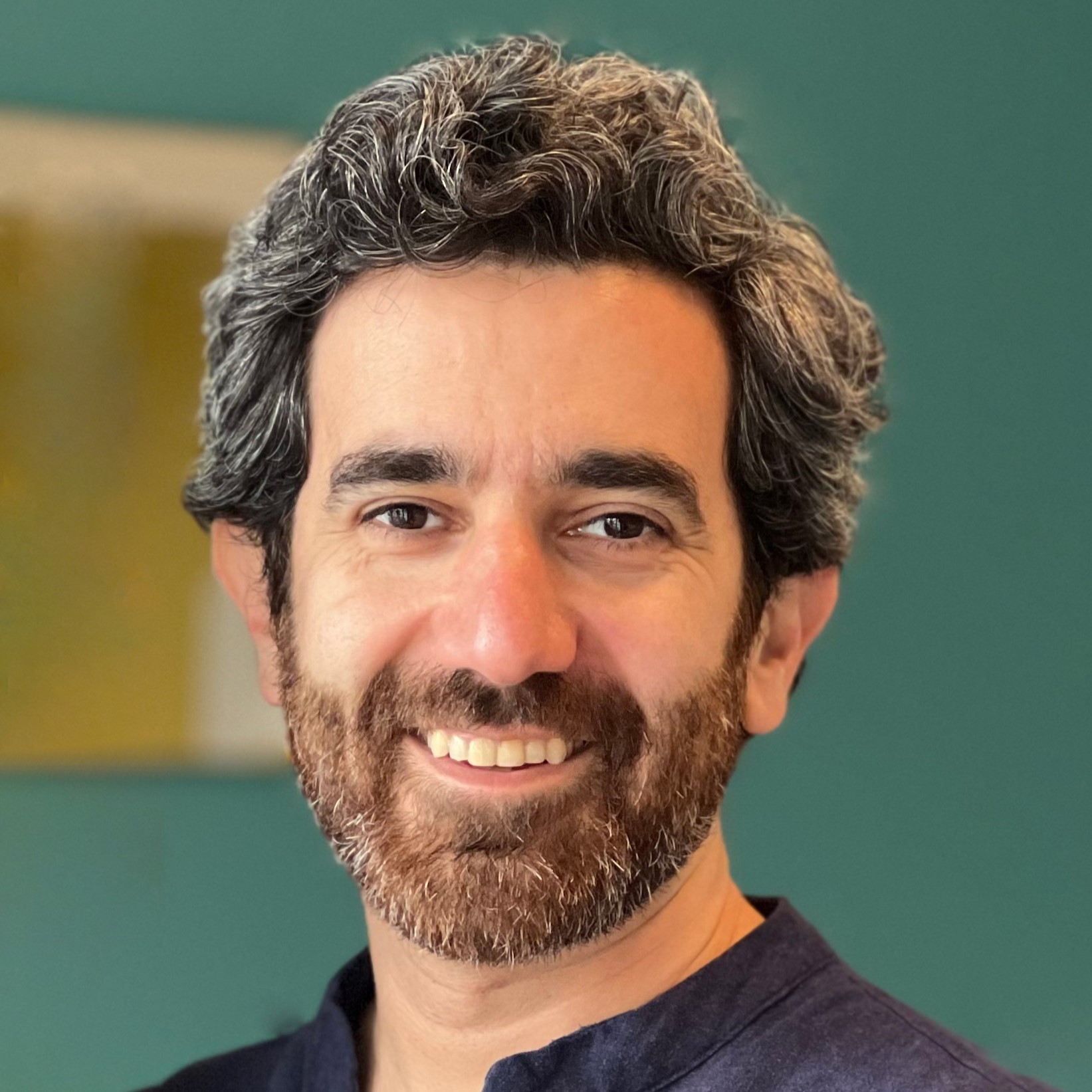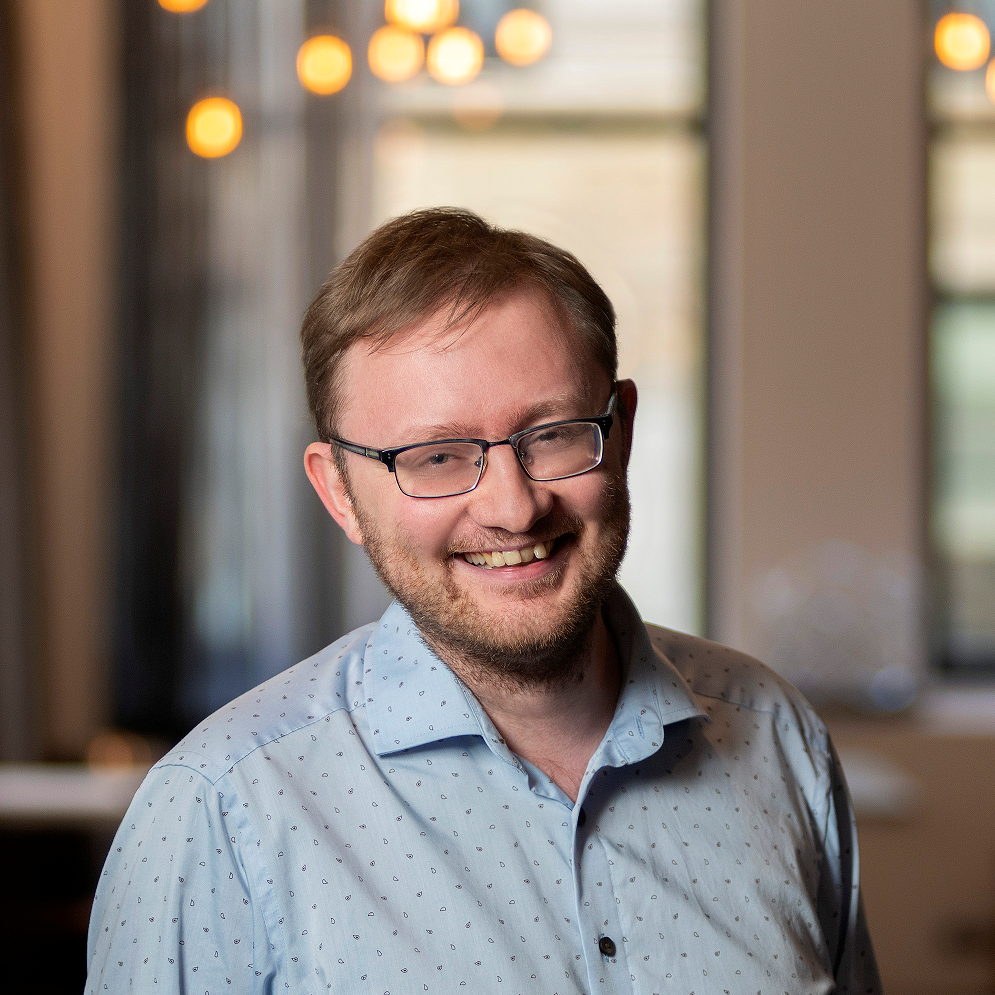Visiting Research Scientist and alumna Brenda Dingus (M.S. ’86, Ph.D. ’88, physics) has been elected to the National Academy of Sciences (NAS) for her pioneering work in gamma-ray astrophysics.  Brenda Dingus. Image courtesy of Andrew Smith.
Brenda Dingus. Image courtesy of Andrew Smith.
Dingus is one of 120 members and 30 international members elected by their peers in 2025, joining a select group of 2,662 scientists around the country recognized for their influential research. She’s one of 26 current UMD faculty members in the National Academy of Sciences and is among 75 named to various esteemed honorary academies.
“This is an incredible honor,” Dingus said. “It is a wonderful recognition of the scientific importance of this new area of astronomy. Gamma-ray astrophysics is a very collaborative and interdisciplinary field, and I want to recognize and thank all the excellent scientists with whom I have had the pleasure to work.”
An astrophysicist who studies the highest-energy light from astrophysical sources, Dingus investigates how nature accelerates particles to extremely high energies, producing gamma rays in space that can be detected from Earth. She is best known for her work in developing innovative gamma-ray detectors and analyzing data to understand cosmic phenomena occurring in extreme environments such as around neutron stars and supermassive black holes.
“Brenda has been a true pioneer in particle astrophysics, with a remarkable breadth and depth of contributions that have profoundly shaped the field,” said Distinguished University Professor of Physics Jordan Goodman, a long-time collaborator who has worked with Dingus on several projects including the Cygnus air shower experiment in 1986. That experiment, conducted at the Los Alamos National Laboratory to study the composition and energy of cosmic rays as they interacted with Earth’s atmosphere, laid the groundwork for future studies in the then-emerging field of cosmic and gamma-ray research.
After earning her Ph.D. from UMD in 1988 under the supervision of Gaurang Yodh, she spent seven years at NASA's Goddard Space Flight Center. She then held tenured faculty positions at the University of Utah and the University of Wisconsin before joining Los Alamos National Laboratory as a staff scientist in 2002. Dingus has been a visiting research scientist at UMD since 2020.
Throughout her career, Dingus led the development of increasingly sophisticated instruments for detecting gamma rays from space and on Earth. Following her doctoral studies in experimental cosmic-ray physics at UMD, she contributed to the development and implementation of several instruments at NASA Goddard, including the Fermi Gamma-ray Space Telescope and its predecessor, the Energetic Gamma Ray Experiment Telescope (EGRET) on NASA’s Compton Gamma Ray Observatory satellite. Because lower-energy gamma rays cannot be detected on Earth’s surface, EGRET was specifically built to detect and gather data on lower-energy gamma rays in space. The project played a crucial role in mapping the Milky Way and detecting blazars (regions found in the center of galaxies that emit extremely powerful jets of radiation) and continues to influence NASA’s gamma-ray research.
 Dingus at the High Altitude Water Cherenkov Observatory in Mexico. Photo courtesy of Jordan Goodman.Dingus was also an instrumental member of the team responsible for the Milagro experiment, a NASA and U.S. National Science Foundation-funded project that used a water Cherenkov detector placed at high altitude to observe gamma rays from the ground. Milagro’s successor, the High Altitude Water Cherenkov (HAWC) Observatory in Mexico, has identified more than 100 gamma-ray sources since it began operations in 2015, with Dingus serving as U.S. spokesperson, operations manager and principal investigator of the project. HAWC’s notable findings include the first detections of gamma rays exceeding 100 tera-electronvolts (TeV) and “microquasars,” rare binary star systems in which a black hole orbits a normal star.
Dingus at the High Altitude Water Cherenkov Observatory in Mexico. Photo courtesy of Jordan Goodman.Dingus was also an instrumental member of the team responsible for the Milagro experiment, a NASA and U.S. National Science Foundation-funded project that used a water Cherenkov detector placed at high altitude to observe gamma rays from the ground. Milagro’s successor, the High Altitude Water Cherenkov (HAWC) Observatory in Mexico, has identified more than 100 gamma-ray sources since it began operations in 2015, with Dingus serving as U.S. spokesperson, operations manager and principal investigator of the project. HAWC’s notable findings include the first detections of gamma rays exceeding 100 tera-electronvolts (TeV) and “microquasars,” rare binary star systems in which a black hole orbits a normal star.
An elected Fellow of the American Physical Society and a Los Alamos National Laboratory Fellow, Dingus was awarded a Presidential Early Career Award for Scientists and Engineers in 2000 and an Honorary Medal from the Mexican Physical Society in 2017. Over her 40-year career, Dingus has co-authored 249 publications, which have garnered over 24,000 citations. Dingus also served on numerous advisory committees to the American Physical Society, NASA, the National Science Foundation and the Department of Energy and currently serves on the Board of Trustees of the New Mexico Museum of Natural History and Science.
Dingus continues to work on cosmic- and gamma-ray instrumentation at UMD, collaborating with Goodman and physics research scientist Andrew Smith on the Southern Wide-field Gamma-ray Observatory. Planned for construction in northern Chile in 2026, the observatory will detect air shower particles produced by gamma rays as they interact with Earth’s atmosphere and study extreme astrophysical phenomena, including gamma-ray bursts and supernova remnants.
Original story by Georgia Jiang: https://cmns.umd.edu/news-events/news/umds-brenda-dingus-elected-national-academy-sciences





